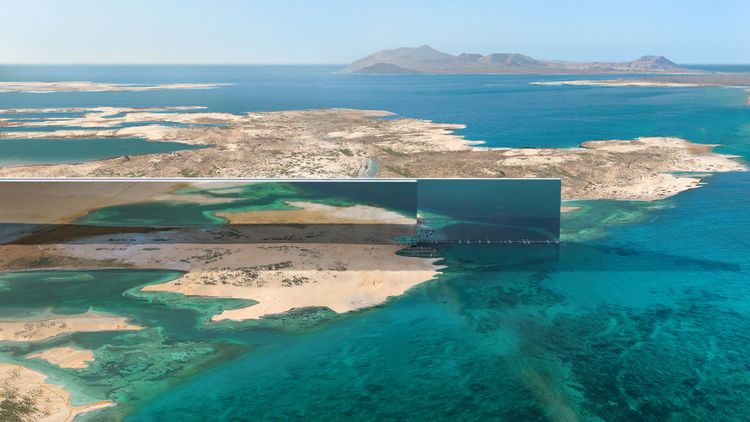
The Importance of Saudi Arabia
Saudi Arabia, the largest country in the Middle East and a leading oil producer, is undergoing significant transformations that have implications not just for its own citizens, but for the global economy and geopolitical landscape. With its wealth derived from oil reserves, the Kingdom plays a pivotal role in international energy markets, significantly impacting oil prices and global economic stability.
Recent Developments and Reforms
Under the Vision 2030 plan launched by Crown Prince Mohammed bin Salman in 2016, Saudi Arabia is diversifying its economy and reducing its dependence on oil. This ambitious reform plan includes initiatives to develop sectors such as tourism, entertainment, and technology. Notably, the $500 billion NEOM project represents a futuristic city development that aims to attract international investment and talent.
In addition, social reforms have gained momentum, with significant changes, such as allowing women to drive and easing restrictions on entertainment events. The success of high-profile events like the Formula E race and concerts featuring international artists illustrates the Kingdom’s commitment to promoting a more open and progressive image.
Geopolitical Implications
Geopolitically, Saudi Arabia remains influential in OPEC and is intensifying diplomatic relations with various countries. The normalization of relations with Israel and partnerships with countries across Asia and Europe can redefine power dynamics in the region. The Kingdom’s efforts to position itself as a global hub for trade, tourism, and innovation further solidify its aspirations on the world stage.
Conclusion: The Significance of Change
The transformations occurring in Saudi Arabia are crucial in understanding the future of the Middle East. As the Kingdom navigates through its economic diversification and social reforms, these changes have the potential to reshape its role in global politics and economics. For citizens and stakeholders alike, the ongoing developments present both challenges and opportunities in building a more sustainable and inclusive future. Observers globally will closely monitor these changes as they unfold, reflecting on their significance for regional stability and international relations.






